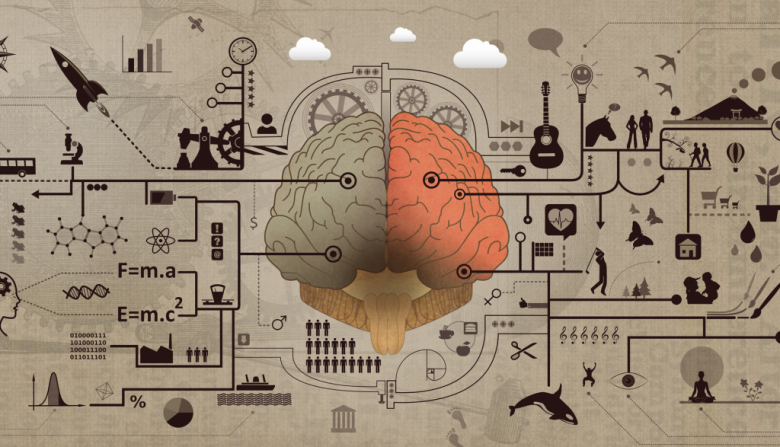Have you ever caught yourself just staring at the textbook and didn’t realize when you reached the end of the page or when some lecture is going on and you are in your own dream world? Too many things just cluttered up in your brain and you don’t know what to do? How often are you really, entirely immersed in the current moment and letting your mind take a rest from over thinking? Or are you worrying about the past, anxious about the future or involved in a fantasy world?
Often we find ourselves re-running a conversation we had earlier today, last week or even last year. “Why did he say that? Why did make such a fool of myself! He must think I’m an idiot!” Instead of focusing on our current task, we are busy figuring out what to do next or maybe even thinking about a random post on Social Media.
It’s the nature of our mind to waver. Research from Harvard shows that on an average the mind wanders at least 47% of the time. That’s almost half of our lives we’re missing out on, that we’re not here. You just never realize the time passing by while thinking. Don’t expect your thoughts to leave you alone, trust me they never will. Researchers found that when our thoughts are focused in places other than the present moment, we are not as happy as when we are in the here and now, even if those wandering thoughts are of pleasant memories or visions of the future. Very similar to external stress and external distraction in the environment, internal distraction of our own mind wandering also shrinks the gap of attention. It diminishes attention’s power. The little trips that we take away while working, private thoughts we have; basically whenever our mind wanders it can be really problematic. Just imagine a military leader missing 4 minutes of a military briefing, a judge missing 4 minutes of testimony or a surgeon or firefighter missing any time. The consequences in those cases could be dire. When our mind wanders without awareness that we are doing it, there are consequences. We make errors. We miss critical information sometimes, and we have difficulty making decisions.
The main question is how do we stop our minds from wandering? First, let’s see how the mind works because once we know how it works, we can control and focus it; we can’t concentrate or focus on something we don’t understand. There are two things that we need to know, one is awareness and one is the mind. Imagine awareness as a glowing ball of light like an orb that can float around. So that’s awareness, now imagine your mind as a vast space, a vast area with many different sections within it. One area of the mind is anger, jealousy, food, sex, happiness, joy, science, art. And this glowing ball of light called awareness can travel within the mind and it can go to any area of the mind it wants to go to and when it goes to a particular area of the mind, it lights up that area. When it lights up that area of the mind you become conscious of it and this is what happens the entire day. We allow people and things around us to take our awareness from one area of the mind to another all day long and therefore we become distracted. To be concentrated is to be able to keep our awareness on one thing for an extended period of time. We can practice this by doing one thing at a time throughout the day. Avoid multi-tasking; it can contribute to the flurry in our minds. The best way to develop concentration is to bring that practice into our everyday life. Keep bringing awareness back and keep it focused on one thing at a time. When you’re able to concentrate you’re able to focus all your energy on a single given point. Life is a manifestation of where your energy is flowing and if you can’t concentrate your energy, the things that you want to manifest in life become very challenging. The more you practice the better you will get at concentrating. Once you master the art no-one can stop you from reaching great heights. самый выгодный потребительский кредит



